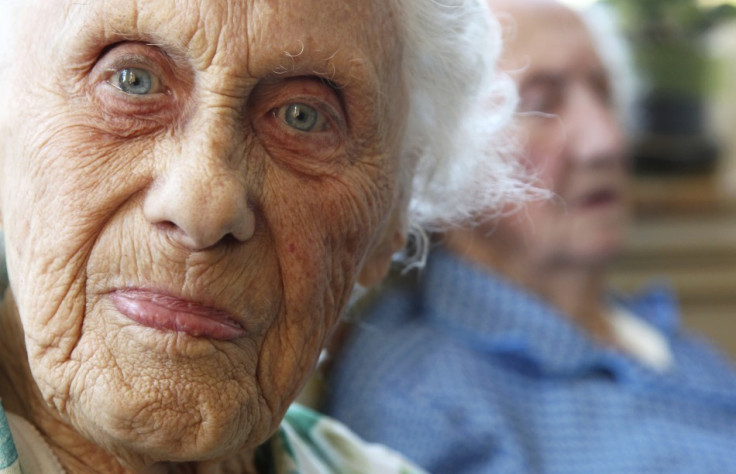Empty Nest Syndrome No More: Sandwich Generation Anxious at Full House

Parents are no longer suffering from empty nest syndrome when their children grow up and leave the home because their offspring cannot afford to move out.
This, coupled with an aging population, means many people have to care for their children and their own parents - so do not suffer from the grief felt at having an empty nest.
Instead, researchers from Oregon State University said, parents are feeling anxious and uncertain about how to cope with being sandwiched in between two needy generations.
Researchers said that many parents "empty nest plans" have to be put on hold and a wide range of emotions, including frustration, exhaustion and happiness are experienced.
Karen Hooker, director of the university's Centre for Healthy Aging Research, said: "We mostly found very positive feelings about adults helping their children in the emerging adulthood stage of life, from around ages 18 to 30.
"Feelings about helping parents weren't so much negative as just filled with more angst and uncertainty.
"As a society we still don't socialise people to expect to be taking on a parent-caring role, even though most of us will at some point in our lives. The average middle-aged couple has more parents than children."
The research, published in the Journal of Aging Studies, concluded that most middle-aged parents are happy to help their children into adulthood and understand that the economic conditions mean it is harder for young people to get started.
However, it also found that this group did not expect to be caring for their elderly parents and had mixed feelings about this requirement as it was more difficult for them to make plans due to health concerns.
Across the UK there are around 2.4 million 'sandwich carers' who are looking after their children and parents.
Researchers said that the research showed how there is an increasing awareness of individual needs and is leading more people to make plans for their own future to reduce complications of later-life care.
© Copyright IBTimes 2025. All rights reserved.





















